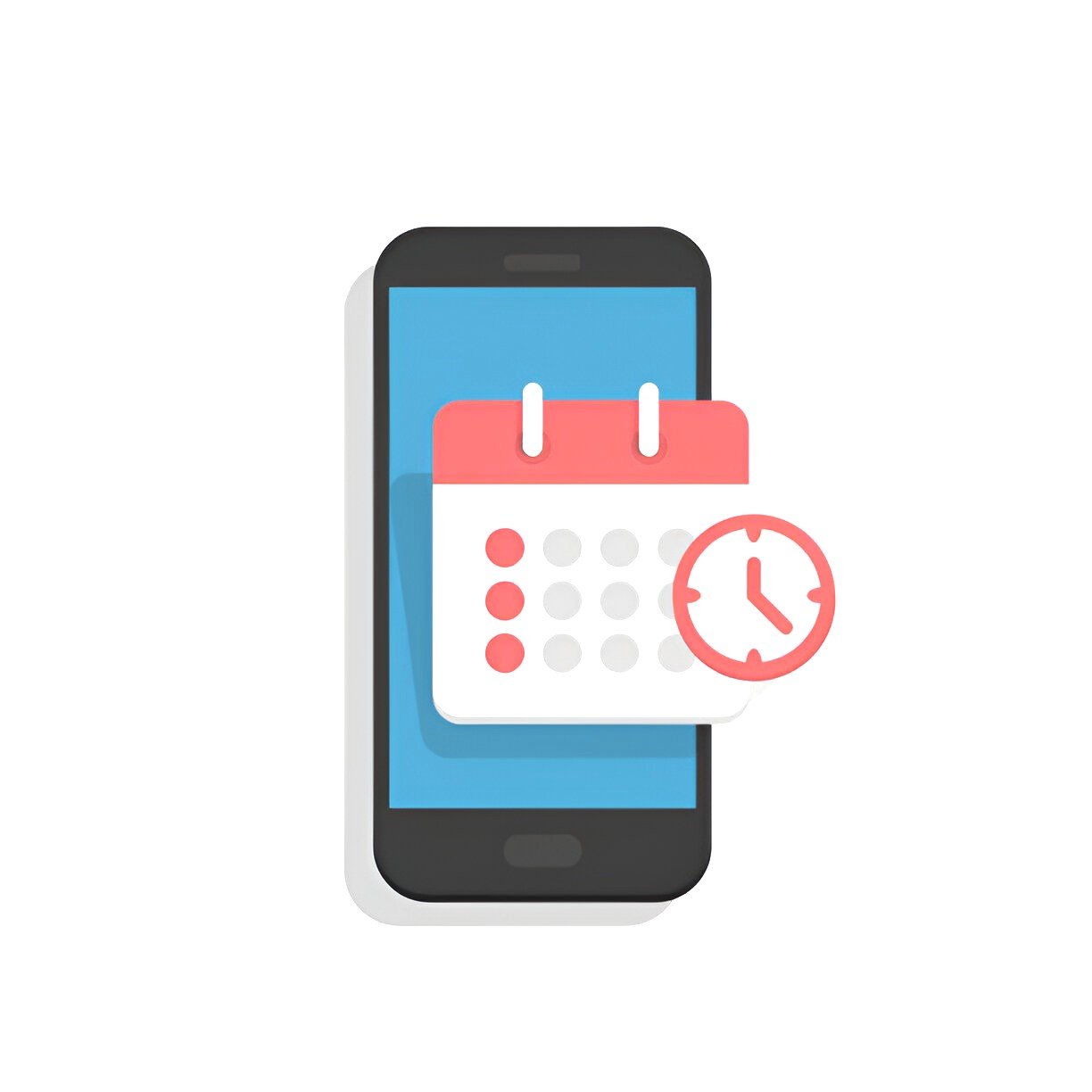7 Easy Ways to Improve Your Time Management Skills

Anyone could benefit from improving their time management skills; it is unquestionably superior to working under pressure. Ultimately, if you fail to manage your time effectively, you may miss out on opportunities, efficiency, and work-life balance.
However, time management is a more straightforward concept than it is to implement. Similar to the majority of soft skills, it necessitates a significant amount of practice to achieve proficiency.
Nevertheless, there are methods to improve your time management skills, and this article will provide you with a comprehensive explanation of them.
7 Best Ways to Improve Your Time Management Skills
1. Determine Your Priorities
The foundation of effective time management lies in clearly identifying your priorities. Without a clear understanding of what’s truly important, it’s easy to get caught up in busy work that doesn’t move you closer to your goals.
To determine your priorities:
- Start by defining your long-term goals. Where do you want to be in 5 years? What do you want to achieve in your career or personal life?
- Break these long-term goals into smaller, actionable short-term objectives.
- Use the Eisenhower matrix to categorize your tasks:
- Urgent and important: Do these tasks immediately.
- Important but not urgent: Schedule these tasks for later.
- Urgent but Not Important: Delegate these tasks if possible.
- Neither urgent nor important: Eliminate these tasks.
By focusing on high-priority items that align with your goals, you ensure that your most important work gets done first. This approach not only boosts productivity but also provides a sense of purpose and direction for your daily activities.
2. Avoid Multitasking

Multitasking has long been touted as a desirable skill, but research consistently shows that it’s a productivity killer. Contrary to popular belief, our brains are not designed to handle multiple complex tasks simultaneously. When we attempt to multitask, we’re actually rapidly switching between tasks, which can reduce productivity by up to 40%.
To combat the multitasking myth:
- Focus on one task at a time, giving it your full attention.
- Use the “single-tasking” approach: Complete one task before moving on to the next.
- Group similar tasks together to minimize context switching.
- Allocate specific time blocks for different types of work.
By embracing single-tasking, you’ll find that you complete tasks more quickly and with higher-quality results. This focused approach also reduces mental fatigue and stress associated with juggling multiple tasks simultaneously.
3. Avoid Distractions
In our hyper-connected world, distractions are everywhere. From the constant ping of notifications to the allure of social media, these interruptions can severely hamper our productivity. Identifying and minimizing these distractions is crucial for effective time management.
Strategies to minimize distractions include:
- Turn off notifications on your phone and computer during focused work periods.
- Use website blockers to prevent access to time-wasting sites during work hours.
- Find a quiet workspace or use noise-cancelling headphones to create a distraction-free environment.
- Implement a system for handling emails, such as checking them at specific times rather than continuously throughout the day.
- Communicate your focus times to colleagues to minimize interruptions.
By creating an environment conducive to deep, focused work, you’ll be amazed at how much more you can accomplish in less time.
4. Learn to Say No
One of the most powerful yet often overlooked time-management skills is the ability to say no. Many of us fall into the trap of overcommitting, whether out of a desire to please others or a fear of missing out. However, saying yes to everything means saying no to your priorities and personal time.
To master the art of saying no:
- Recognize that your time is limited and valuable.
- Be clear about your priorities and commitments.
- Practice polite but firm ways to decline requests that don’t align with your goals.
- Offer alternatives or compromises when appropriate.
- Remember that saying no to one thing means saying yes to something else that’s more important to you.
Learning to say no frees up your time and energy for the tasks and commitments that truly matter, leading to greater productivity and personal satisfaction.
5. Use Time Management Apps

In the digital age, numerous apps and tools are available to help streamline your time management efforts. These technological aids can assist in tracking your time, organizing tasks, and boosting productivity.
Some popular time-management apps include:
- Trello: is a visual collaboration tool for project management and task organization.
- RescueTime: Automatically tracks time spent on various activities, providing detailed reports to help you understand your productivity patterns.
- Forest: is a unique app that gamifies the process of staying focused, encouraging you to avoid phone distractions.
- Todoist: is a powerful to-do list and task manager that helps you organize and prioritize your tasks across all your devices.
- Focus@Will: Provides scientifically designed music to boost concentration and productivity.
Experiment with different apps to find the ones that best suit your working style and needs. Remember, the goal is to use these tools to enhance your productivity, not to become overly reliant on them.
6. Organize Your Day
A well-structured day is key to effective time management. By planning your tasks and creating a schedule, you provide yourself with a clear roadmap to follow, reducing decision fatigue and increasing efficiency.
Tips for organizing your day:
- Start each day (or the night before) by planning your tasks and creating a to-do list.
- Use time-blocking techniques to allocate specific time slots for different activities.
- Prioritize your most important or challenging tasks during your peak productivity hours.
- Build in buffer time for unexpected tasks or emergencies.
- Review and adjust your schedule regularly to ensure it remains effective.
Remember to be realistic in your planning. Overloading your schedule can lead to stress and burnout, while underestimating the time needed for tasks can throw off your entire day.
7. Take Breaks
It might seem counterintuitive, but taking regular breaks is essential for maintaining high productivity levels. Our brains are not designed for extended periods of intense focus. In fact, research shows that taking short breaks can actually improve focus and productivity.
Effective break strategies include:
- The Pomodoro Technique: Work for 25 minutes, then take a 5-minute break. After four cycles, take a longer 15–30 minute break.
- The 52-17 Rule: Work for 52 minutes, then take a 17-minute break.
- Microbreaks: Take very short (30 seconds to 2 minutes) breaks every 20 minutes or so to rest your eyes and stretch.
During these breaks, step away from your work area, move your body, or engage in a brief relaxing activity. This allows your mind to recharge, reducing stress and preventing burnout.
Conclusion
Mastering time management is not about squeezing more tasks into your day or working longer hours. It’s about working smarter, focusing on what truly matters, and achieving a balance that allows for both productivity and personal well-being. By implementing these seven strategies—determining priorities, avoiding multitasking, minimizing distractions, learning to say no, utilizing time management apps, organizing your day, and taking regular breaks—you can transform your approach to time and dramatically boost your productivity.
Remember, becoming a time management expert is a journey, not a destination. It requires consistent effort, self-reflection, and a willingness to adjust your strategies as needed. Start by incorporating one or two of these techniques into your daily routine, and gradually build from there. With patience and practice, you’ll develop a personalized time management system that allows you to accomplish more, reduce stress, and create more time for the things that truly matter in your life.
By taking control of your time, you’re taking control of your life. Start implementing these strategies today, and watch as your efficiency, productivity, and overall satisfaction soar to new heights.











